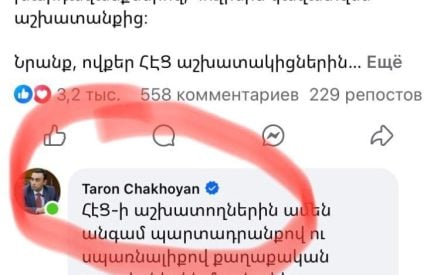Both the personal and national prescriptions are the same
There is such an expression in psychology: “learned helplessness.” Specialists have been using this expression since the 1960s. In those years, cruel, inhumane experiments were done with dogs. Animals were electrocuted in a closed cage. At first, the dog the dog tried in every way to get out of the cage. But after many unsuccessful attempts, he lay down on the ground and began to yelp.
Then they opened the cell door, but the dog no longer tried to get out of the “electrical” cage. Later, these experiments were extended to humans (who, fortunately, were not electrocuted).
In a nursing home, one group was asked to furnish their room to make one improvement or another. The second group was also promised improvements, but everything had to be done by the nursing home staff. It turned out that in the first group, both the mood was higher and the physical indicators were better. And after a particular time, they also measured the mortality data and recorded that the elderly who could control their lives had an advantage over the second group.
Read also
The scientists concluded that the feeling of helplessness arises not because of the unfavorable situation or events themselves but from the inability to influence them, from the negative attempt to change the situation. A living being feels helpless when he begins to think that nothing depends on him, that misfortunes and disasters happen independently of his will, and that he has no way to influence the situation. Our society’s situation can be described as “learned helplessness.”
Sometimes we call it “indifference,” which probably isn’t the right word. A dog lying on the ground receiving periodic electric shocks does feel pain. It’s just that repeated unsuccessful attempts to break free drive him to passivity. Purely physically, the dog can get up and leave the cage. Its so-called “moral powers” have run out. What should be done to get out of this situation if you are a person or a society? First, let’s assess the risks, limitations, and dangers. In other words, determine the price you’re willing to pay to “get out of the cage.”
Second, you need to find like-minded people. That consolidation should be as broad as possible and not be directed against anyone (for example, Pashinyan). “Pro-Western” and “pro-Russian, “current” and “former,” pro-government and opposition parties can agree on Artsakh and Armenian statehood. Not all, of course. Some overestimate their “ego” or the dogmas in what they believe.
But the “learned helplessness” syndrome cannot be overcome alone. And the last one: “Learned helplessness” is facilitated by certain words or phrases that are accepted among us today. “Genocide” is such a word, which I believe should be used as rarely as possible in the context of upcoming events.
Genocide, in our national perception, is a disaster that could not have been prevented in 1915. Repeating that word often means sitting and waiting for that disaster to happen again. It has been rightly observed that before, we were proud of our genocide, now we are proud of our helplessness.
Aram ABRAHAMIAN
“Aravot” daily, 17.01.2023























































